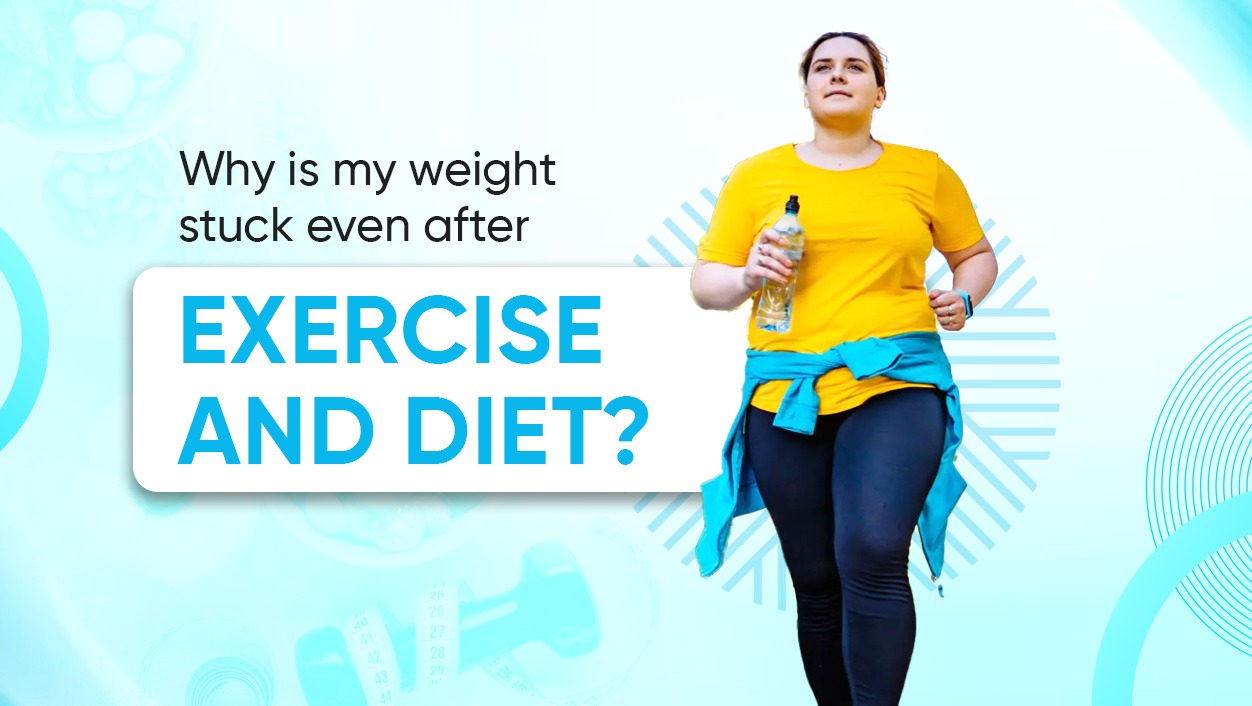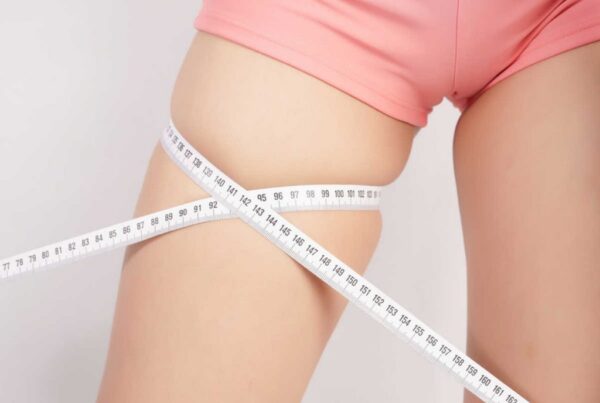Do you eat properly and exercise frequently, but still struggle to maintain a healthy weight? The truth is that eating healthily and exercising frequently is a very generic and relative statement. If we’re being honest with ourselves, I’m confident we could all say that we could all do a better job in both areas.
Fitness is a way of life. When you drop the scale, discover an activity you enjoy, and begin to view food as fuel rather than something to feed your emotions or fill your time, fat loss occurs.
You’re missing out on the nice stuff.
The first area you should investigate if you’re working it out and not losing weight is the kitchen. Some people are so focused on burning calories that they don’t think about what they’re putting into their bodies as fuel. Stick to all-natural, whole foods as a general guideline.
Strike the balance.
If you’ve been avoiding carbohydrates because you’re afraid they’ll make you fat, think again. Cutting away an entire macronutrient from your diet could make you feel starved and lead to binge eating. Sweet potatoes, brown rice, quinoa, oatmeal, peas, beans, and whole-grain bread are examples of nutritious, complex carbs. Of course, a sweet treat now and then is OK, but a steady diet of simple carbs like candies, drinks, sugary treats, and processed meals with sugar added would not help you attain the weight-loss target.
You’re consuming far too much food.
If you’ve already made significant changes to your diet but aren’t losing weight, it’s possible that you’re actually eating too much. To lose weight, your body must run a calorie deficit, which means you must burn more calories than you consume. That said, you shouldn’t feel obligated to restrict yourself. It is all about finding the correct balance.
Don’t obsess over calorie counting or checking yourself every day. Eat whenever you’re hungry and slowly enough to stop just before you’re satisfied. Also, don’t be scared to indulge in healthy indulgences. When you begin to deprive yourself, you begin to feel as though you’re missing out on something and want to binge.
Don’t overdo cardio.
Cardio is, without a doubt, an important aspect of your workout. It is good for the heart and metabolism, and it gives you a good sweat.
However, focusing solely on cardio—or performing too much of it—can exacerbate the condition. Longer exercise workouts, such as 90 minutes on the elliptical or weekly 10-mile runs, could deplete the lean muscle mass that is necessary for improving your metabolism and burning more calories. It causes your body to be more endurance-oriented, storing energy as fat to guarantee you have enough reserve fuel to get you through all those miles. Not to mention that it makes you more likely to nibble on things you don’t mean to and eat too much.
You’re not working out with weights.
If you’re exercising but not losing weight, and your main aim is to lose weight, there are other types of exercise that will offer you a lot more bang for your buck. Weight training, in combination with exercise, is the most effective approach to reducing weight and gaining lean muscle. The higher your muscle tone, the more fat you’ll shed.
If you’re not ready to give up regular cardio, try incorporating interval training into your normal workout by completing brief bursts of all-out effort. These routines are far more effective at producing hormones that help you lose stubborn fat. Then begin incorporating resistance training into your program.
Give ample time to recover.
When you get that afterburn and feel the workout the next day, those are the days to concentrate on other muscle groups. If you like to work out your whole body, you could make a workout schedule in which you work out your whole body one day, then do moderate cardio, stretch, or completely rest the next day. Sometimes the importance that should be given to recovery and rest is overshadowed by the workout. It is during this time that your body achieves most of its fat burning.
Your body is under a lot of strain.
Exercising puts your body under a lot of strain. Your body is healthy and can reduce excess fat when you have the proper balance of workout stress and recuperation time. However, failing to give your body sufficient time to recover can have a detrimental effect since you’ll begin to produce too much cortisol, a stress hormone. When you’re exercising, cortisol is both natural and vital; it’s engaged in mechanisms that give the muscles the energy they need to keep moving.
When your body is exposed to cortisol for a long time, however, it starts to have negative effects, like stubborn fat in places you don’t want. Excess cortisol is produced by a variety of stressors, including exercise. Your body can also manufacture too much of this hormone as a result of a stressful personal or professional life. When you stop exercising, your body stops releasing cortisol, but turning off the mental stressors in your life may be more difficult.
You’ve reached a standstill.
You’re working out frequently and eating well, but the numbers on the scale aren’t moving; your weight loss has reached a stalemate. As per studies, it can happen for a variety of reasons. If you’re limiting calories, you can lose weight quickly at first as your body consumes stored glycogen for energy. You may potentially lose muscular mass in addition to fat. You may have to reduce more calories or increase your
physical activity to restart your weight-loss plan.
While the plateau might be frustrating, remember that it’s just a temporary hurdle. By tweaking your diet, prioritizing strength training, managing stress, and embracing recovery, you’ll rekindle your weight-loss journey and reach your fitness goals. Don’t get discouraged; stay consistent, and your body will reward you!









